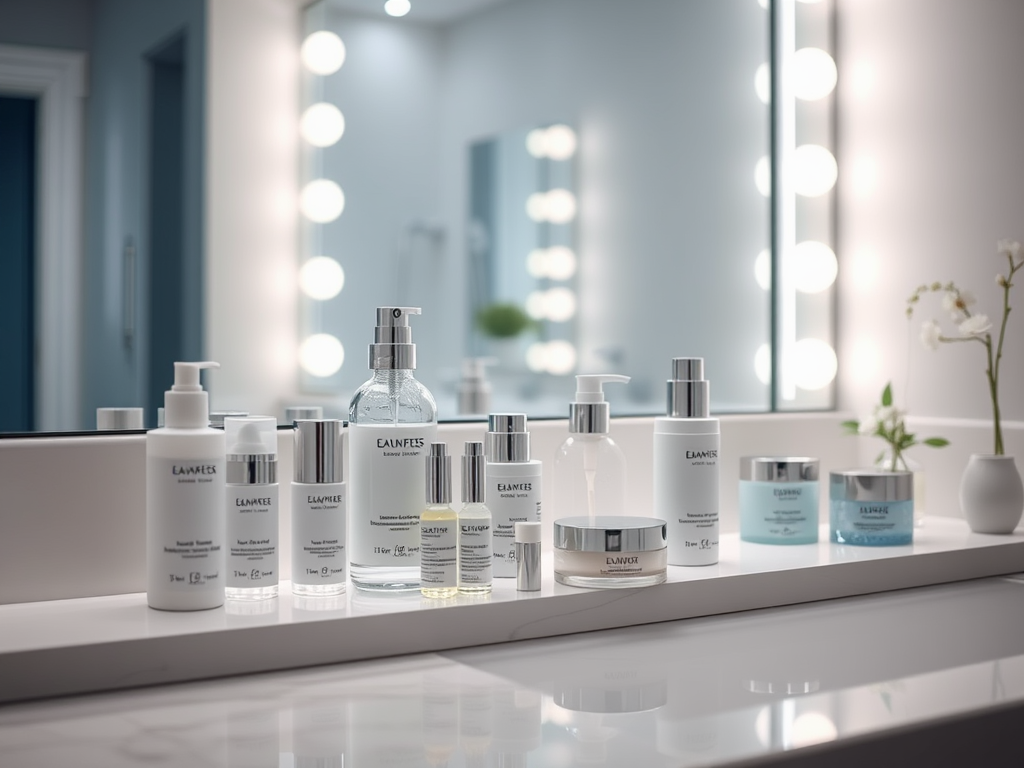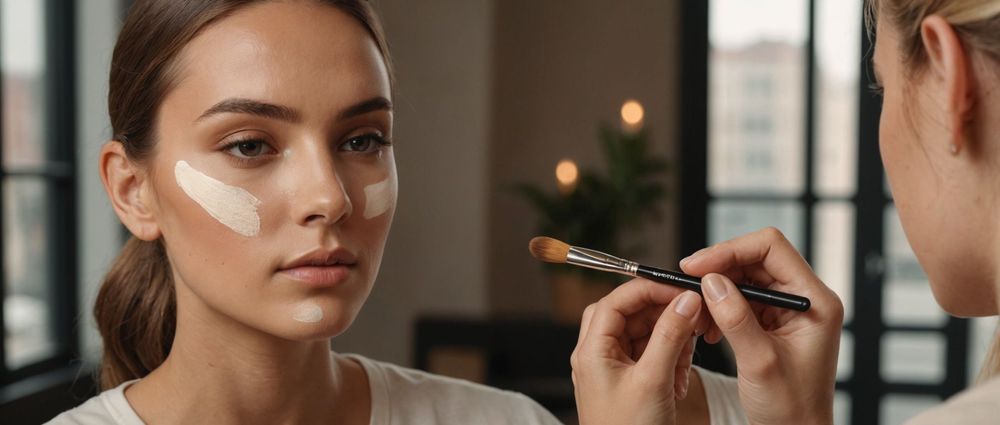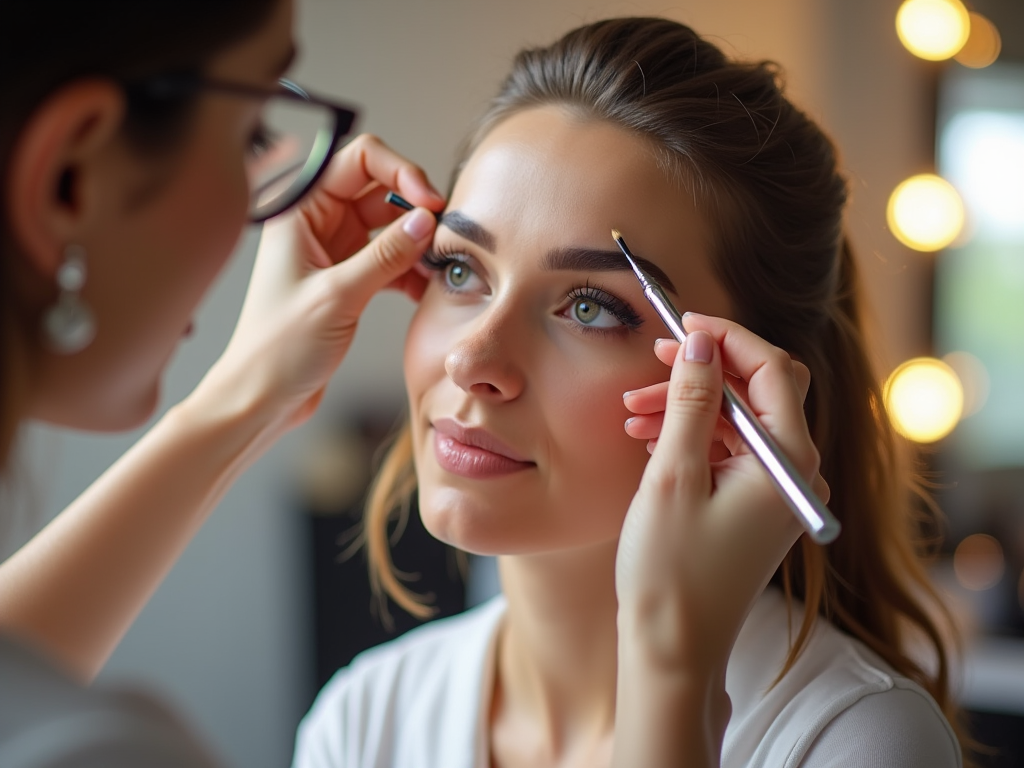Every night is an opportunity for your skin to recover, regenerate, and rejuvenate. The secret to achieving a glowing complexion lies not only in the products you choose but also in the consistency and application of your nighttime skincare routine. As your skin works tirelessly during the night to repair itself, creating a balanced regimen can significantly amplify these natural processes. Understanding this, many skincare enthusiasts are now focusing on optimizing their nighttime beauty rituals. This article will delve into the essential steps for a successful nightly routine, the lifestyle factors that can boost results, and how to avoid common pitfalls. Ready to transform your skin? Let’s explore the secrets together!
Understanding the Importance of a Nighttime Skincare Routine
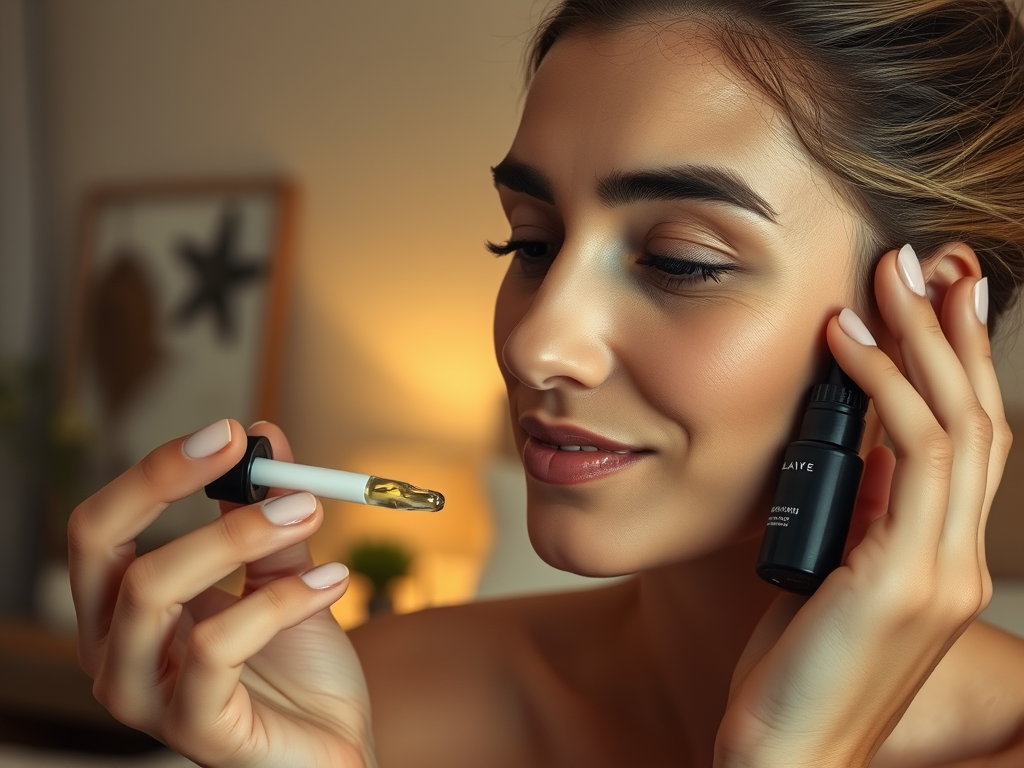
A comprehensive nighttime skincare routine plays a significant role in maintaining skin health. Your skin operates on a circadian rhythm, responding to day and night cycles, which is why nurturing it at night is crucial. During the evening, skin permeability increases and more active ingredients can penetrate effectively. Combining this natural repair process with targeted skincare can help reduce signs of aging, improve tone, and enhance overall texture. The right nighttime products can significantly impact skin conditions, from dryness to acne. Understanding these dynamics is the first step toward glowing skin.
Essential Steps in a Nighttime Skincare Routine
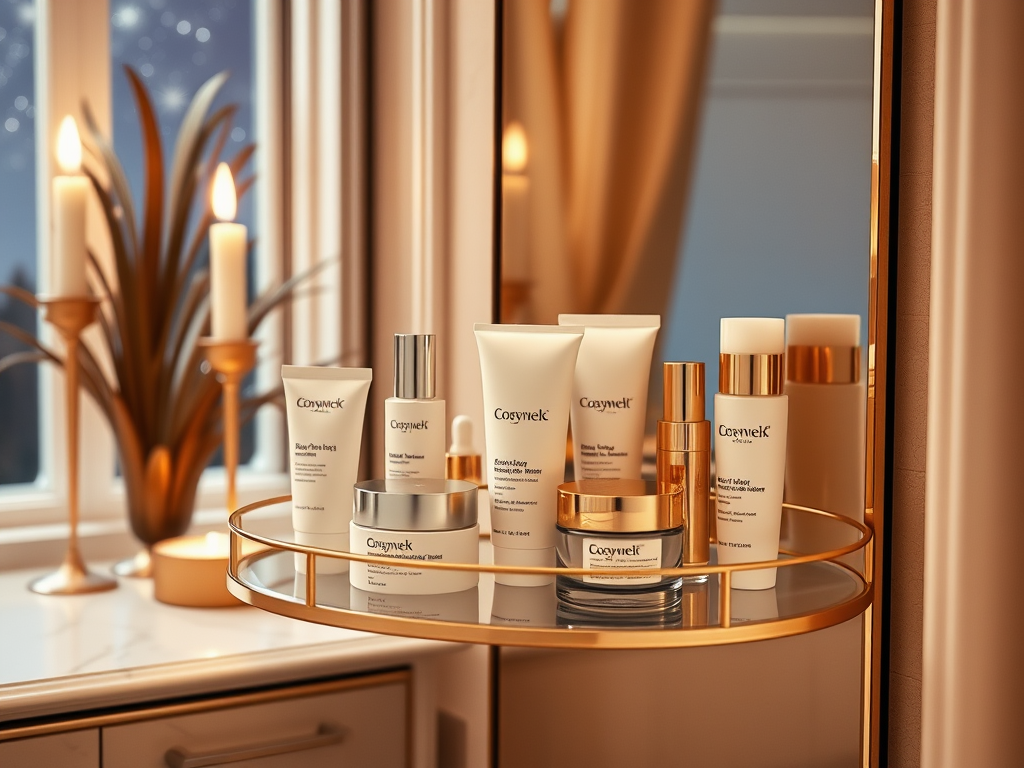
Creating a tailored nighttime skincare regimen is imperative for effective results. Here are the fundamental steps to consider in order to achieve optimal skin health:
- Cleanse thoroughly to remove impurities and makeup.
- Exfoliate regularly to enhance skin renewal.
- Apply targeted treatments for specific concerns.
- Moisturize to lock in hydration and nourishment.
- Finish with a specialized eye cream for delicate areas.
Cleansing: The Foundation of a Good Routine
Start with a thorough cleanse to remove impurities, makeup, and excess oil. A clean canvas allows subsequent products to work more effectively. Opt for a gentle cleanser that suits your skin type to avoid stripping natural oils. Gel cleansers are excellent for oily skin types, while creamy formulations can hydrate dry skin. The importance of this step cannot be overstated, as it prepares your skin to absorb other products better. Consider double cleansing if you’ve worn heavy makeup or sunscreen throughout the day.
Exfoliation: Enhancing Skin Renewal
Incorporate exfoliation into your routine 2-3 times a week. Regular exfoliation reveals brighter, healthier skin by promoting cell turnover and preventing clogged pores. Use chemical exfoliants like AHAs or BHAs instead of physical scrubs, which can be harsh on the skin. Here’s a helpful comparison of common exfoliation options:
| Type of Exfoliant | Description | Skin Type |
|---|---|---|
| AHA (Alpha Hydroxy Acid) | Water-soluble acids derived from fruits, excellent for surface exfoliation. | Dry or sun-damaged skin. |
| BHA (Beta Hydroxy Acid) | Oil-soluble acids that penetrate deep into pores, great for oily skin. | Oily or acne-prone skin. |
| Physical Exfoliants | Scrubs with tiny particles that mechanically buff the skin. | Usually better for normal skin. |
Targeted Treatments: Address Specific Concerns
This is the stage where serums and treatments come into play. Focus on products containing active ingredients that cater to your skin concerns. For instance, retinol is popular for its anti-aging effects, while hyaluronic acid is renowned for hydrating dry skin. Layering these products correctly can greatly enhance their efficacy. Moreover, always ensure your skin is adequately cleansed and prepped before applying these potent products. Knowledge of your skin’s needs will guide you in selecting the right treatments for your routine.
The Role of Health and Lifestyle in Your Skincare Routine
Your overall health and lifestyle choices significantly impact the effectiveness of your nighttime skincare regimen. A holistic view will contribute to improved skin health. Here’s how to create a comprehensive approach that supports your skincare goals:
- Nutrition: A balanced diet rich in antioxidants, vitamins, and healthy fats can enhance your skin’s appearance.
- Hydration: Staying hydrated ensures your skin maintains its elasticity and glow.
- Quality Sleep: Aim for 7-9 hours of sleep to give your skin the time to rejuvenate.
- Stress Reduction: Incorporate stress-relief practices like meditation or yoga to improve overall skin health.
Conclusion
Maximizing the benefits of your nighttime skincare routine involves consistency, the right products, and a holistic approach that considers your lifestyle. By following these guidelines, you can achieve healthier, more radiant skin while you sleep. Remember, skincare is not just about the products you apply; it’s about the commitment to the well-being of your skin. Stay patient, continue to educate yourself on product ingredients, and listen to your skin’s unique needs. Soon, you will lay your head down each night knowing you are taking the best care of your skin.
Frequently Asked Questions
- What products should I avoid using together at night? Retinol and vitamin C can irritate skin if applied together. Use vitamin C in the morning and retinol at night. Avoid mixing exfoliating acids with other exfoliants on the same night.
- How long does it take to see results from my nighttime routine? Generally, you can expect to see noticeable improvements in your skin within 4 to 6 weeks of consistent use of your routine.
- Is it necessary to use an eye cream? While not absolutely necessary, using an eye cream can target specific concerns like puffiness and dark circles effectively.
- Can I skip moisturizing if I have oily skin? No, even oily skin needs moisture. Opt for lightweight, non-comedogenic moisturizers to maintain hydration without clogging pores.
- Is there a difference between day and night creams? Yes, night creams are usually thicker and packed with repairing ingredients, while day creams are formulated to provide hydration and protection against environmental stressors.
